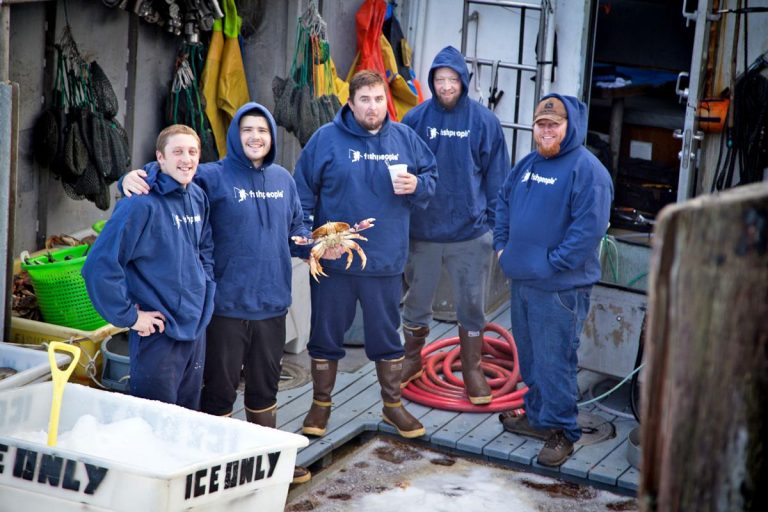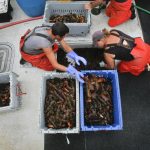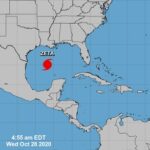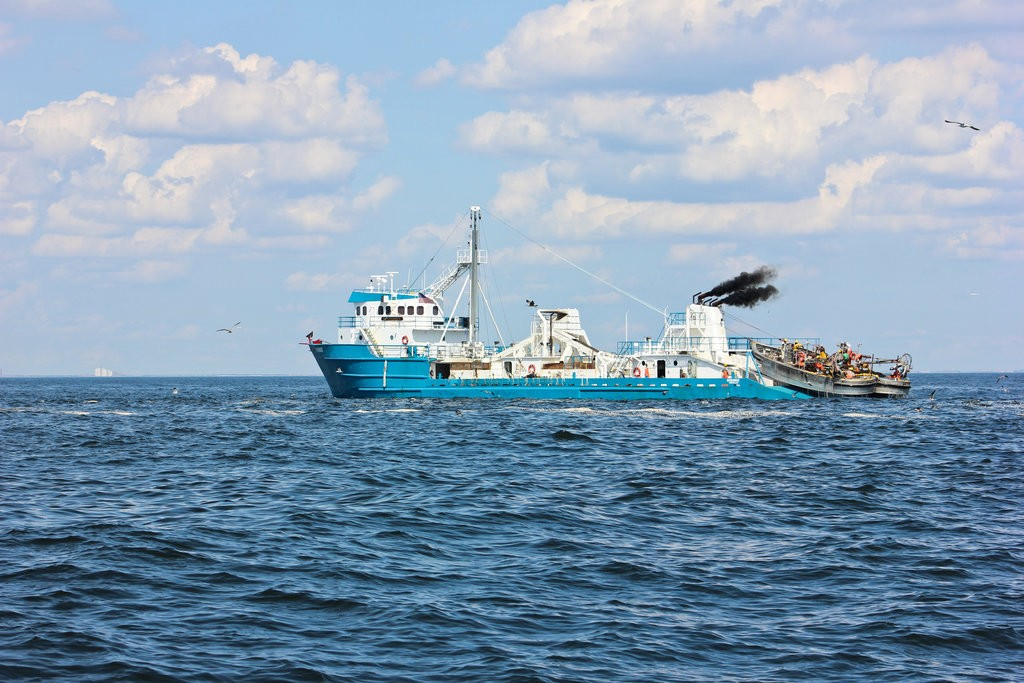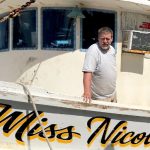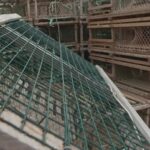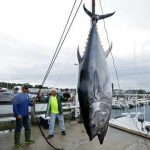Tag Archives: rock lobster industry
Rock lobster counting continues a 55-year project that reliably predicts its $240 million per year future
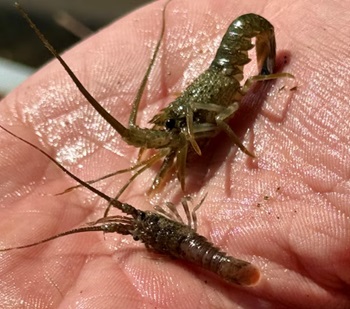 A program recording baby lobster numbers along the WA coast has been running since 1968, creating an invaluable data set. It allows scientists to reliably predict the health of the $240 million per year rock lobster industry into the future. Researchers continue to haul puerulus counters out of the water at nine sites along the coast every month. Fishing is a game of risk and reward the world over, but off the Western Australian coast the odds of a good catch are stacked in crayfishers’ favour. The $240 million per year western rock lobster industry, WA’s most valuable fishery, which was worth as much as $400m pre-COVID — has the unique ability to predict its catch four years into the future, all thanks to the work of a curious scientist more than 55 years ago. photos, more, >>click to read<< 19:34
A program recording baby lobster numbers along the WA coast has been running since 1968, creating an invaluable data set. It allows scientists to reliably predict the health of the $240 million per year rock lobster industry into the future. Researchers continue to haul puerulus counters out of the water at nine sites along the coast every month. Fishing is a game of risk and reward the world over, but off the Western Australian coast the odds of a good catch are stacked in crayfishers’ favour. The $240 million per year western rock lobster industry, WA’s most valuable fishery, which was worth as much as $400m pre-COVID — has the unique ability to predict its catch four years into the future, all thanks to the work of a curious scientist more than 55 years ago. photos, more, >>click to read<< 19:34
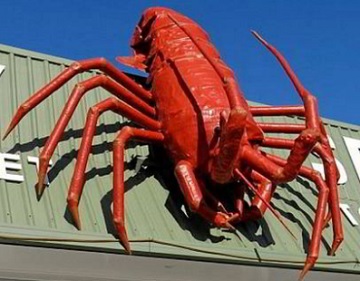
Lobster row rocks offshore wind as state tells turbines to stay away
The government of South Australia is unimpressed by a federal decision to include the state’s waters among a list of six areas chosen for pioneering offshore wind tenders, citing risks to its valuable fisheries industry and sparking a row with trade unions which support the renewable source. A period of consultation for the Southern Ocean Wind Zone was opened by Australia’s energy minister Chris Bowen in July, as part of a federal government plan to have six areas fully defined and declared by mid-2024. As part of this process, the South Australian government has come out in opposition, and said the proposed zone should simply stop at the border with Victoria, pointing out that the proposed wind farms will be connected to that state’s grid. >>click to read<< 13:42
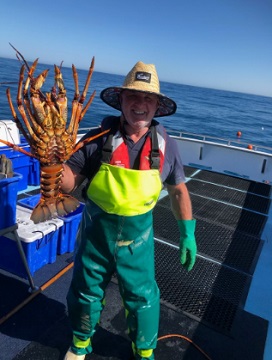
Fisherman David Dunsford reflects on 50 years at sea amid luck, loss and laughter
Saltwater runs through David Dunsford’s veins. “Our story is a pretty special story really; my mother’s family came out from Sicily by ship, landed in Albany and made their way to south-eastern South Australia,” he says. “My grandfather, Frank Corigliano, was one of 14 children; the product of an Italian father and an Irish mother – so a huge fishing family, and I was lucky they stayed here in Beachport.” David says his ancestors were pioneers of the southern rock lobster industry, which today contributes more than 30 per cent – or $158.5 million — to South Australia’s seafood gross state product and employs about 1,300 people through direct and flow-on business. David recalls the moment the die on his own fishing destiny was cast. “I remember being at school one day, about 15, and my father said to me, ‘David, it might be best if you come home’. Photos, >>lick to read<< 07:53
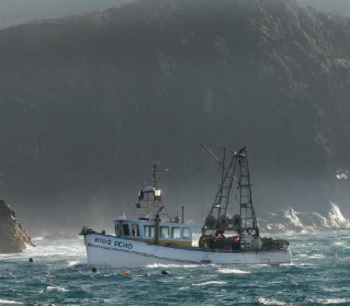
Rock lobster back on the menu
New Zealand’s rock lobster industry is catching up on a slow year thanks to the end of a Chinese lockdown and the conclusion of an unlucky spiritual festival. Shanghai is one of New Zealand’s biggest lobster importers, but the city was locked down from March to June. Fiordland Lobsters sales and marketing general manager Andrew Harvey said it had taken time for the industry to get back up to speed. That was combined with Ghost Month, a time dedicated to the spirits of the dead which spanned from late July to August. Australia banned exports of lobster to China in 2020, which had also increased the New Zealand share of the market and helped it through some of the slow patches. >click to read< 08:47
China rock lobster deal under fire – gives a foreign entity control of a highly valuable WA commodity
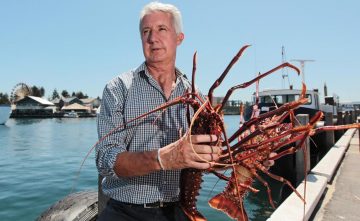 A veteran of WA’s rock lobster industry has hit out at a deal that allowed a Chinese conglomerate to buy local fishing rights. Peter Prideaux said the deal between Kailis Bros and Legend Holdings to create KB Foods set an alarming precedent for foreign ownership in the fishery. “The Western Rock Lobster Fishery is one of the most valuable fisheries in the world,” he said. “Competition for control, primarily by processors, and an ever smaller band of surviving fishers has driven access costs through the roof. “Pot prices and leasing costs have increased six-fold in about five years. This is not an industry suffering from lack of investment capital, in fact, quite to the contrary.” Mr Prideaux said the Legend deal effectively gave a foreign entity control of a highly valuable WA commodity. Read the rest here 11:26
A veteran of WA’s rock lobster industry has hit out at a deal that allowed a Chinese conglomerate to buy local fishing rights. Peter Prideaux said the deal between Kailis Bros and Legend Holdings to create KB Foods set an alarming precedent for foreign ownership in the fishery. “The Western Rock Lobster Fishery is one of the most valuable fisheries in the world,” he said. “Competition for control, primarily by processors, and an ever smaller band of surviving fishers has driven access costs through the roof. “Pot prices and leasing costs have increased six-fold in about five years. This is not an industry suffering from lack of investment capital, in fact, quite to the contrary.” Mr Prideaux said the Legend deal effectively gave a foreign entity control of a highly valuable WA commodity. Read the rest here 11:26

































